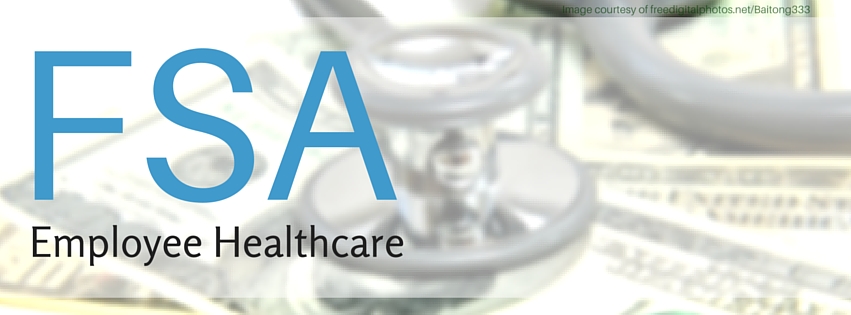Do you have flexible spending accounts (FSAs) for your employees? Usually, if the FSAs aren’t completely spent by year-end, the employees must lose the unused funds.
To avoid this issue, consider amending your FSA plan. Due to new IRS rulings, firms can now give a “grace period” at the end of the year or let employees carry over up to $500 of any unused funds. But there’s a catch: You cannot have the grace period and the $500 carryover rule. You need to pick one or the other.
Using a flexible spending account, employees can set up finances for qualified medical expenses, which includes deductibles and co-pays for doctor and dentist visits. An equal account may be used for qualified dependent care costs. Contributions are made on a pretax basis, so workers save on income and employment taxes. More importantly, most taxpayers do not qualify for medical expense deductions due to the high price of 10% of adjusted gross income (AGI) or 7.5%-of-AGI for people age 65 or older.
Flexible Spending Accounts have been around for decades but were always impeded by the “use-it-or-lose-it” rule. Finally, the IRS said that firms could start a 2 ½ months grace period. This means money removed from 2015 salaries can be used to pay qualified expenses as late as March 15, 2016.
Following the grace period rule, the IRS issued notice 2013-71 approving the carryover rule. There isn’t a time restriction on using it so funds may be carried over indefinitely. For more information, visit IRS/uca/fas2016 or contact your CPA to help you choose the rule that best suits your employees’ needs.
Tip: The most allowed in a health FSA in 2015 is $2,550 (up from $2,500). The dependent care FSA amount limit is still $5,000.
Image courtesy of freedigitalphotos.net/Baitong333
